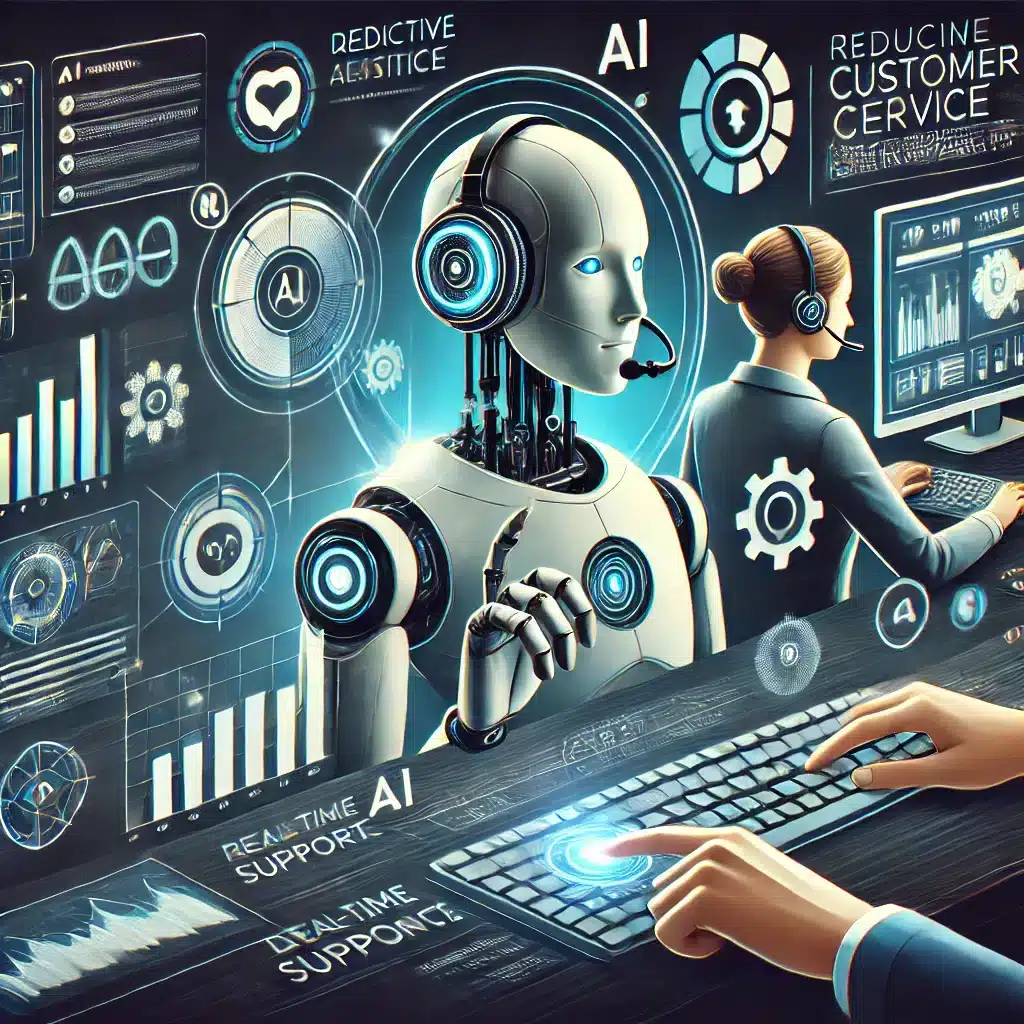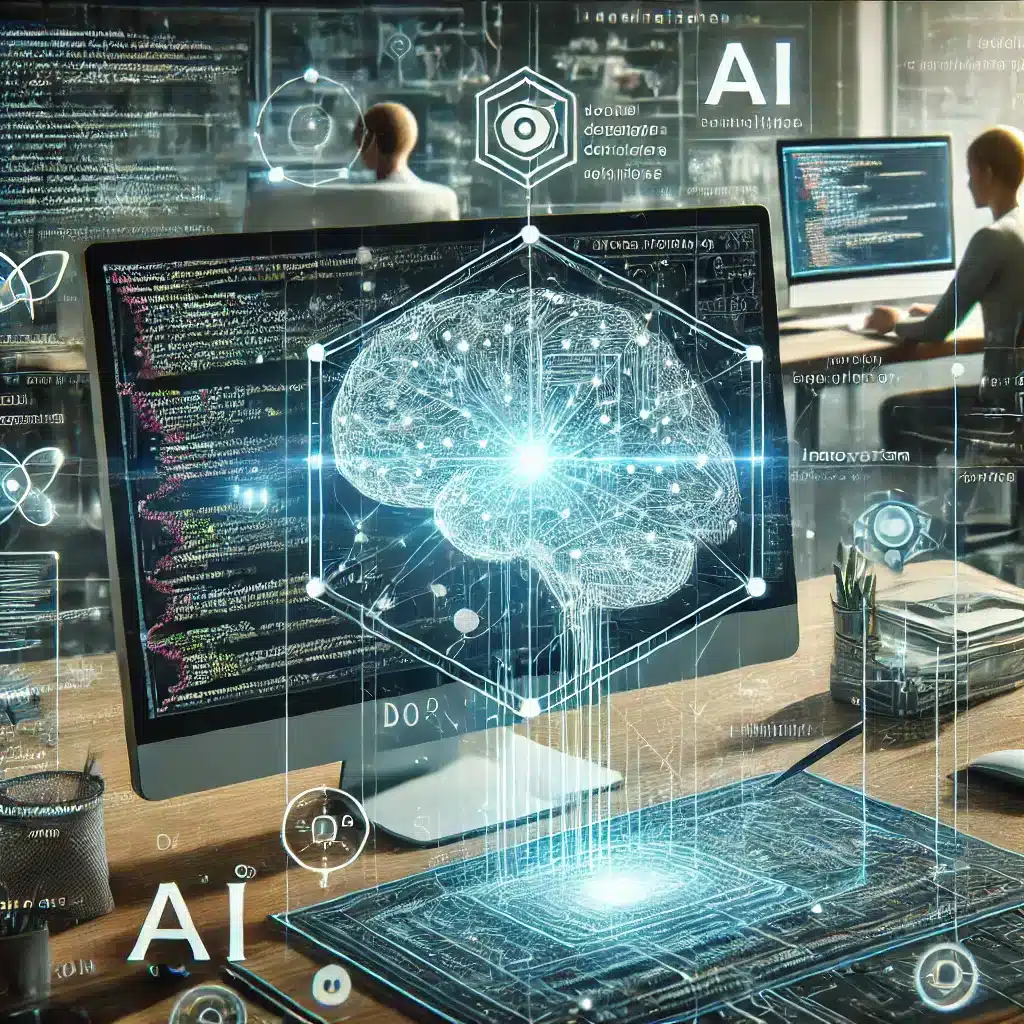The Role of AI in Cybersecurity
AI cybersecurity is gaining attention. Cyber threats evolve rapidly. Consequently, organizations need advanced solutions. AI offers a path forward. It provides continuous monitoring and threat detection. Moreover, AI tools learn from past data. This leads to adaptive security measures.
AI Innovations in Cybersecurity
AI’s potential in cybersecurity is vast. For example, machine learning algorithms identify patterns. Consequently, they detect anomalies quickly. This reduces response time during breaches. Additionally, AI-powered systems automate repetitive tasks. Therefore, human error decreases significantly.
Furthermore, AI can predict potential threats. By analyzing vast amounts of data, AI systems forecast possible attack vectors. As a result, organizations can take preventative measures. For instance, Elon Musk’s view on unmanned jets highlights AI’s capability in managing complex systems, hinting at similar applications in cybersecurity.
Practical Implications of AI in Cybersecurity
The practical applications of Generative AI cybersecurity are promising. Organizations can achieve end-to-end security coverage. AI systems process information at speeds no human can match. In turn, this leads to real-time threat mitigation. However, integrating AI into existing systems poses challenges.
Overcoming Challenges
Implementing AI cybersecurity solutions isn’t without hurdles. Firstly, there’s the issue of data privacy. Organizations must ensure AI systems comply with regulations. Secondly, AI models require constant updates. Thus, organization teams need skilled personnel to oversee AI systems.
However, the benefits outweigh the challenges. Companies gain a competitive edge with enhanced security. They build customer trust as data protection improves. This in turn leads to business growth. Finally, AI offers scalability. Businesses can expand their security infrastructure with ease.
Conclusion
In conclusion, AI cybersecurity is revolutionizing digital security. Its innovations and implications are vast. By leveraging AI, organizations stay ahead of threats. This proactive approach safeguards critical data. Ultimately, the future of cybersecurity depends on AI’s advancements and its seamless integration into existing systems.



